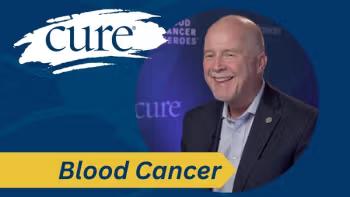
- Fall 2013
- Volume 12
- Issue 3
New Version of an Old Chemotherapy May Reduce Risk of Cardiotoxicity in AML
Liposomal anthracycline may allow for higher dosing with less cardiotoxicity in childhood AML patients.
Anthracyclines are chemotherapy drugs that are effective in treating acute myeloid leukemia (AML) in children, but the risk to these pediatric patients of developing heart problems later in life increases with the cumulative dose of the drug given. When first treating the disease, doctors try to use the highest possible chemotherapy dose in order to drive the cancer into remission. Yet, a potent regimen is tempered by concern about side effects.
A
Articles in this issue
over 12 years ago
Lung Cancer Video Touches on Emotions and Supportover 12 years ago
Triple-Negative Breast Cancer: Divide and Conquerover 12 years ago
Future Frontier: Fighting Cancer at the Genetic Levelover 12 years ago
Second Chance: When Grandparents Become the Caregiversover 12 years ago
Supreme Court Votes Against Human Gene Patentsover 12 years ago
Documentary About Cancer Plannedover 12 years ago
Critical Mass Annual Conferenceover 12 years ago
Superfoods Study Keeps More Men on Active Surveillanceover 12 years ago
HPV Infections Plummet with Vaccineover 12 years ago
DCA Claims Don’t Tell Whole Story



